Yes, difficult but doable.
the downside is that one never stops improving critical abilities.
the plus is that you don't have to hone your abilities only on your own work; you can look at other people's work - and the critiques - and learn from each of them.
look at 50 pictures a day and try to decide whether they are well done or not, read the critiques if there are any - at the end of a month your ability to 'see' the defects in your own work will be vastly improved.
I wrote these two articles (they are essentially the same so I won't charge you double)
Lew Lorton Photography | How to improve your photography: your own twelve step program and
Lew Lorton Photography | 11 Tips for Beginning Photographers - How to Start Taking Pictures.
See if anything in there might be helpful.

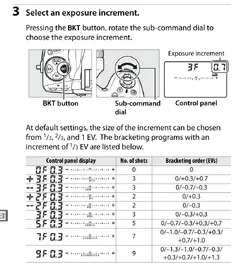
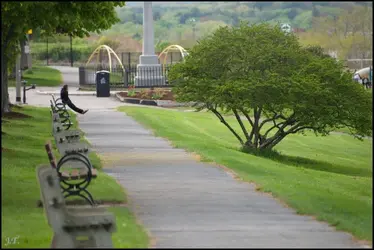
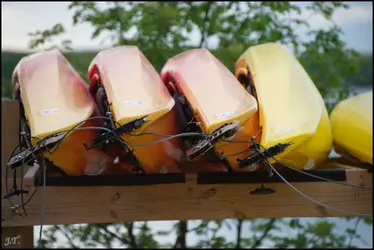
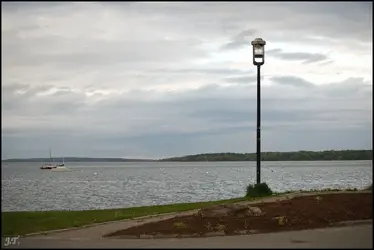
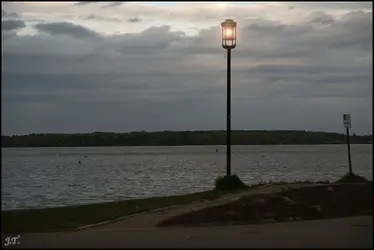
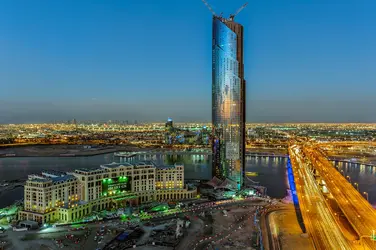
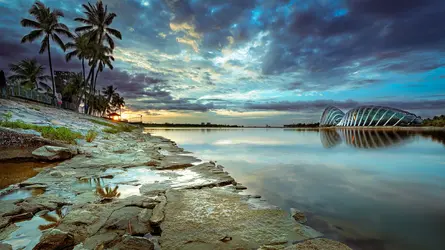







![[No title]](/data/xfmg/thumbnail/35/35957-c79b37130dc06cbdee3b56de92a35fe6.jpg?1734167784)


![[No title]](/data/xfmg/thumbnail/35/35956-7047189d31e1c1f6029266079390f54a.jpg?1734167778)
![[No title]](/data/xfmg/thumbnail/35/35952-55c8d42ec1c6ff0e13b45356cbf9c068.jpg?1734167758)
